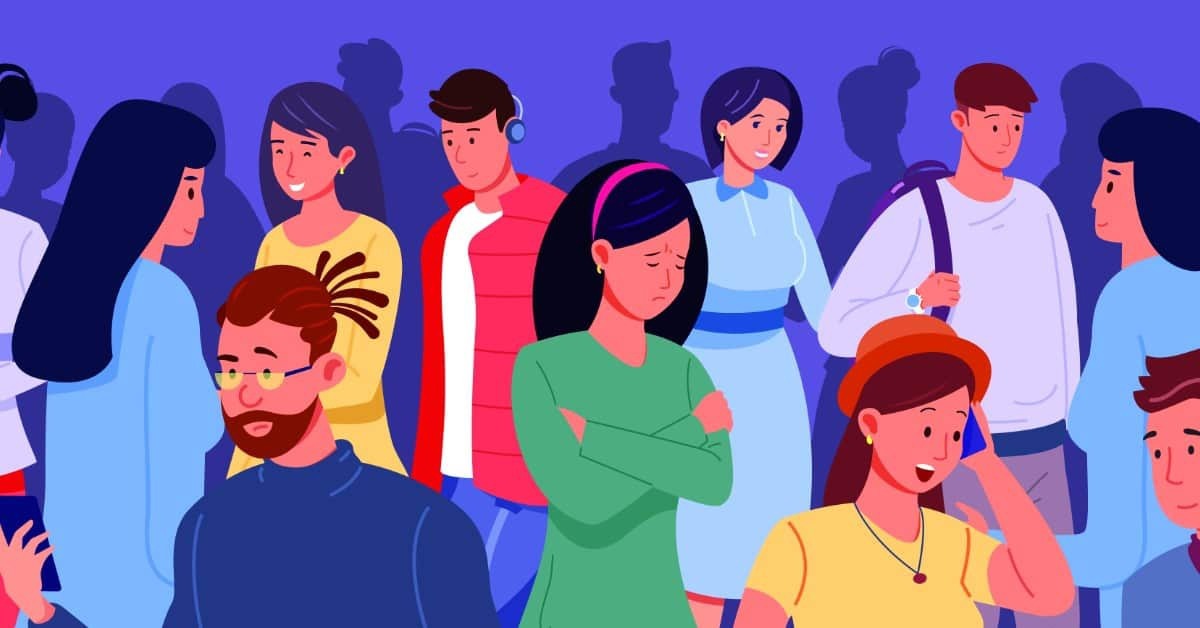Gen Z is widely recognised for their tech savviness and comfort with online communication. However, there is a lot of concern regarding the lack of social skills in Gen Z. In this era of digital boom and addictive social handles, we must remember, everything has its own pros and cons.
Going outside to play football with friends has been replaced by chatting with others on Discord, going on exciting dates has been replaced with swiping on Tinder, and having deep conversations with close ones has been supplanted by shallow exchanges in DMs. Are Gen-Z’s social skills under serious threat?
A 2023 survey by the National Association of Colleges and Employers found that 90% of new grads avoided in-person events because of social anxiety, according to Yahoo Life. Around 25% felt uncomfortable speaking up in meetings, as per the report. Meanwhile, a U.K. survey showed that more than a third of 18–24-year-olds were too anxious to speak directly to waitstaff and asked someone else to do it, as reported by Yahoo Life. This not only reveals a lack of social skills for Gen-Z but also a deep-rooted issue that must be addressed as frequently as possible.
The algorithms of social media applications such as Facebook are built in such a way that they make the user scroll just a bit more, until they realise that their screen time has exceeded hours. The reason this is such a big problem is that people’s entire lives revolve around social media right now. They find it a necessity to share everything that happens in their lives, no matter how small or big. This sort of gives people the illusion that they are being “social”, but are they really or is it just the hunger for external validation?
While it is simple to point fingers at technology given all its cons, it was originally never supposed to replace real conversations. In fact, its main goal was to make staying in touch easier for everyone. So, what’s the solution? How should Gen-Z improve their interpersonal skills in the face of so many obstacles?
Small lifestyle changes go a long way. For instance, making time for face-to-face conversations with loved ones even just for a few minutes helps a lot. Setting low-tech hours every day is also very helpful because it resets attention spans and encourages meaningful conversations. Taking social risks such as initiating small talk with random people from work or in a café is a game changer.
Will you feel awkward? Of course. But the mindset should be “Feeling awkward is not a sign of failure, it hints that I’m becoming more socially skilled.”


